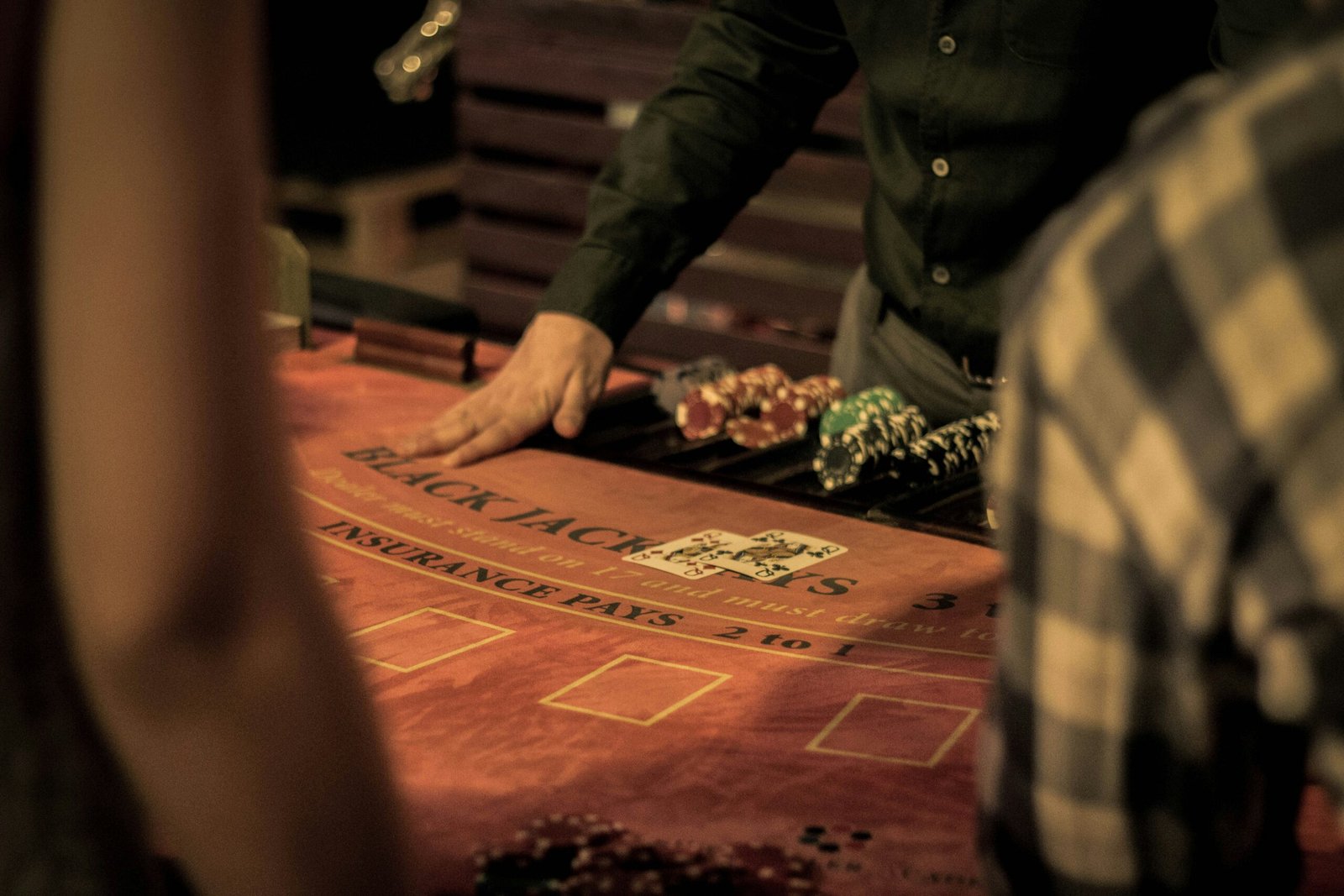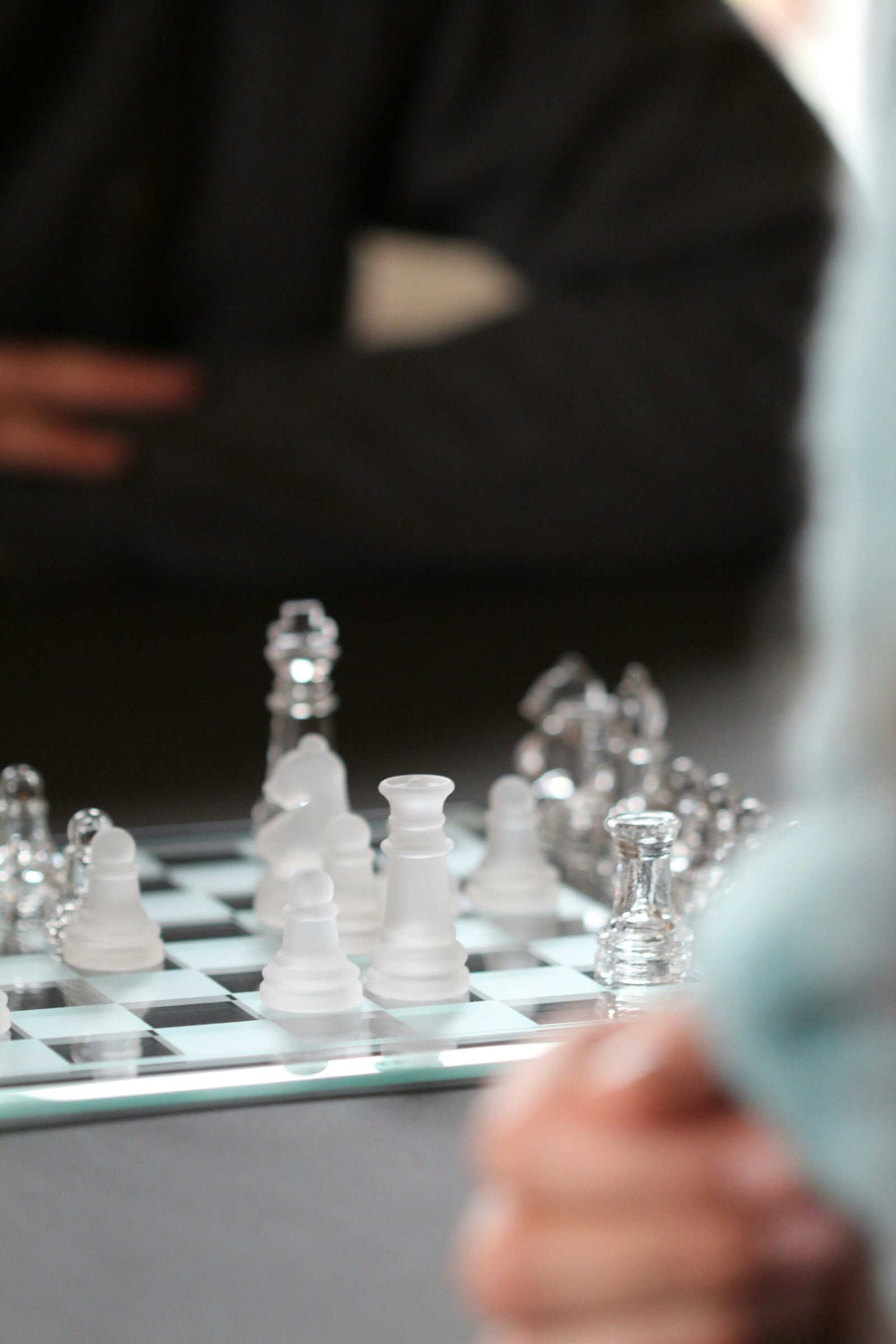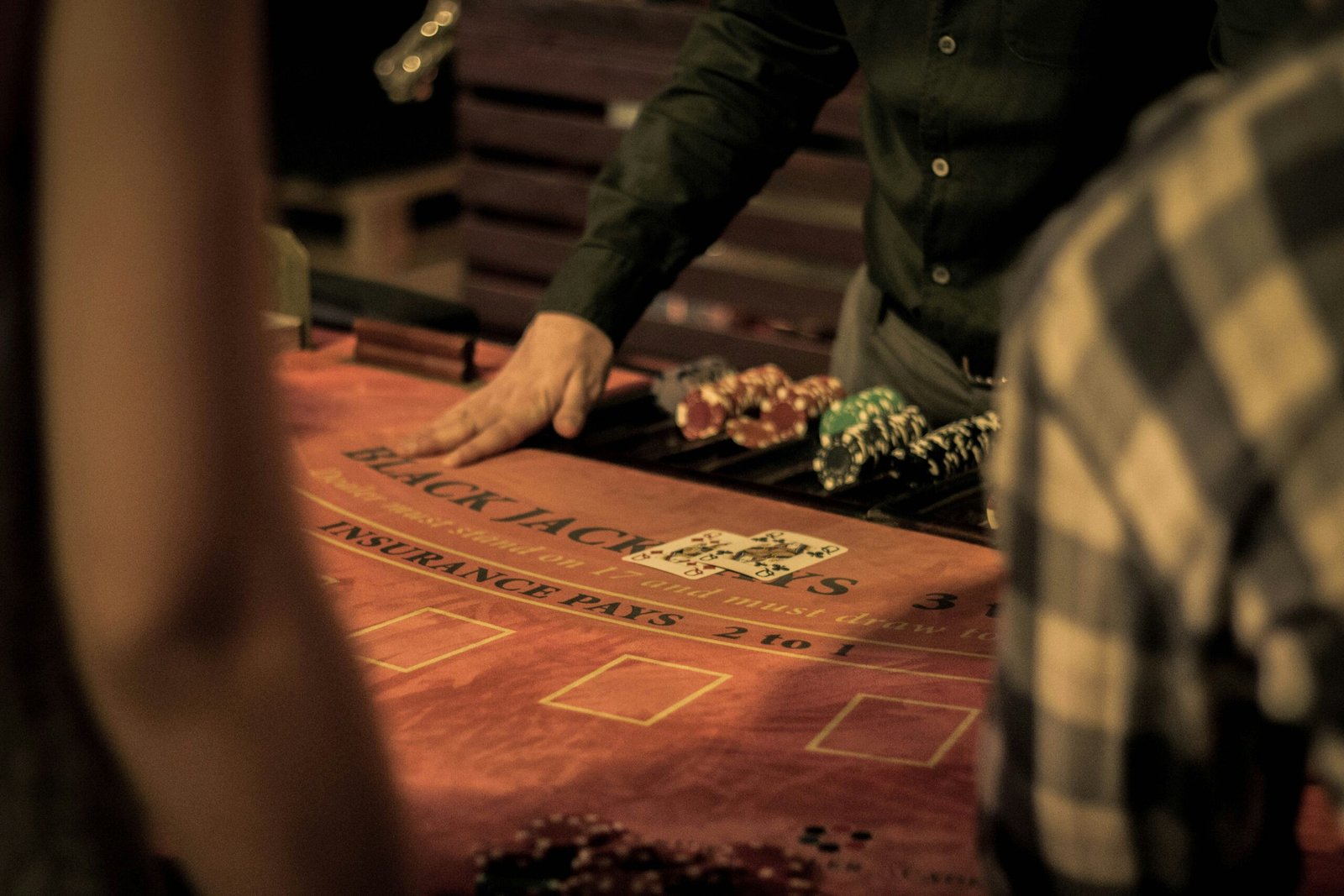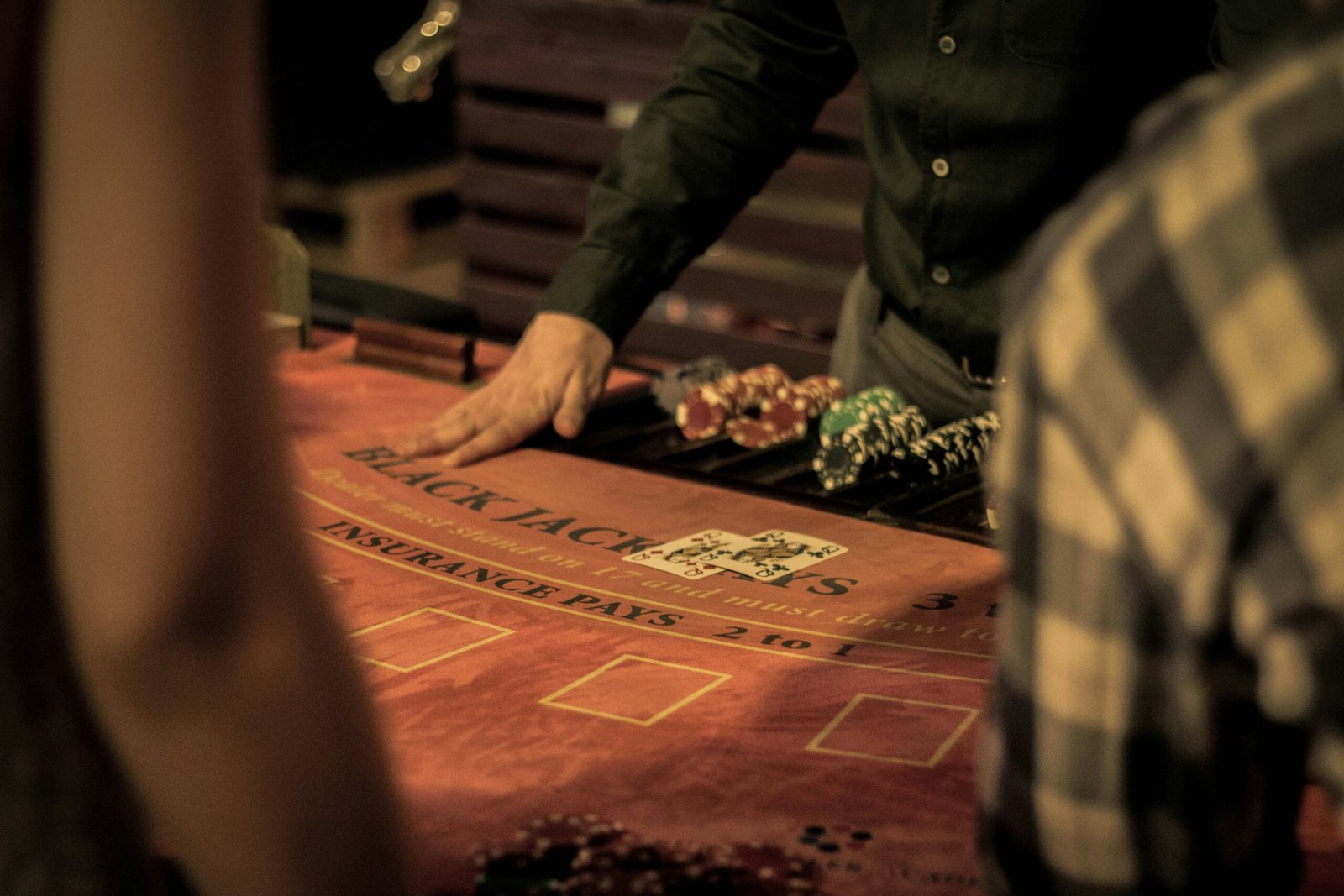Understanding Rabbit Hunting in Poker
Written by Pamela Jo Jones on December 4, 2024
What is Rabbit Hunting?
Rabbit hunting is a term that is commonly used in the context of poker, referring to the practice of asking to see the community cards that would have been dealt in a hand that has already concluded. This request usually arises after a player has folded their hand before the showdown, yet they remain curious about how the action would have unfolded had they continued playing. Rabbit hunting allows players to gain insight into the potential outcome of a hand they chose not to pursue, thereby enhancing their understanding of game dynamics.
The origins of the term “rabbit hunting” are somewhat playful and stem from the idea of “hunting” for information about the unseen “rabbits”—the cards that were not revealed during the round. This phrase captures the essence of curiosity that many poker players experience, as they often wonder what their chances might have been. Rabbit hunting has gained prevalence in various forms of poker, particularly in cash games and informal settings, where players often engage in this activity for educational purposes and to stir some light-hearted banter among friends.
While rabbit hunting can add a layer of intrigue to the gameplay, it is essential to acknowledge its impact on the overall strategy of poker. Knowing what cards could have come out can help players refine their decision-making skills and better understand their opponents’ strategies. However, it might distract some players; therefore, it is crucial to gauge one’s focus during a game. Ultimately, whether to engage in rabbit hunting depends on the individual preferences of the players involved, as some may find it enhances their enjoyment of the game, while others may consider it unnecessary.
The Purpose of Rabbit Hunting
Rabbit hunting in poker refers to the practice where players inquire about the cards that would have appeared on the table had the hand continued to its conclusion. This activity serves multiple psychological purposes that can greatly influence a player’s mindset and future strategies. One primary reason players engage in rabbit hunting is their innate curiosity. After folding a hand, players often feel an urge to discover what could have transpired had they chosen to stay in. This psychological aspect is fundamental; players seek closure regarding their decision-making process during a hand. Knowing the hypothetical outcome can provide valuable insights and alleviate any lingering doubts about whether their fold was indeed the correct move.
Moreover, rabbit hunting can have tangible effects on a player’s strategic approach in future hands. By observing the cards that would have been dealt, players can refine their understanding of opponents’ ranges and tendencies. This knowledge becomes particularly useful in discerning patterns in betting behavior and decision-making processes of other players. If a player consistently folds when they might have hit a strong hand, this information can inform future confrontations and bluffing strategies. As a result, the practice of rabbit hunting does not merely satisfy curiosity; it actively contributes to the ongoing evolution of a player’s game.
Additionally, the psychological boost derived from rabbit hunting can play a significant role in a player’s confidence. Gaining insights into the cards that would have come next often reinforces a player’s belief in their ability to read the game effectively. Ultimately, while rabbit hunting may seem like a passive activity, it serves as an instrumental tool for self-improvement, helping players to approach future hands with enhanced awareness and strategic depth.
When to Consider Rabbit Hunting
Rabbit hunting in poker—a practice where players inquire about the cards that would have been dealt after the last round of betting—can add an interesting layer to the game. However, there are specific situations in which players should carefully evaluate whether rabbit hunting is appropriate. Understanding the dynamics of the game and table is critical to making this decision.
Firstly, the type of game being played can significantly influence the appropriateness of rabbit hunting. In casual home games, where the atmosphere is typically relaxed, players might find rabbit hunting to be a fun and engaging practice. Conversely, in a more formal tournament setting, where time is often of the essence, rabbit hunting may be seen as an unnecessary delay. Therefore, it is important to gauge the context of the game before making such a request.
Additionally, the dynamics of the table play a crucial role in determining when to engage in rabbit hunting. Establishing a rapport with other players can promote a more friendly atmosphere, where everyone is open to sharing information about the cards that would have been shown. However, if tensions are high or if players are not familiar with one another, asking to see the remaining cards might be viewed as intrusive or inappropriate. Observing the mood and relationships at the table can be pivotal in deciding whether rabbit hunting aligns with the overall game etiquette.
Lastly, players should always prioritize respect and courtesy when considering whether to rabbit hunt. If there are established norms within a particular group or game, following these guidelines can prevent misunderstandings. Respecting the preferences of other players not only fosters a pleasant environment but also upholds the integrity of the game itself.
Potential Pitfalls of Rabbit Hunting
While rabbit hunting can be an intriguing aspect of poker, it is essential to recognize its potential downsides. One notable risk lies in the possibility of revealing strategic insights to opponents. When a player engages in rabbit hunting, they may inadvertently disclose information about their decision-making process and thought patterns. This transparency can provide rivals with a clearer understanding of one’s style, leading to exploitation in future hands. Therefore, players must consider whether the information gained from rabbit hunting outweighs the disadvantage of revealing their strategic nuances.
Additionally, rabbit hunting can foster a sense of tension and animosity at the poker table. When players frequently engage in this practice, it can create a perception of distrust among opponents. They may begin to view such inquiries as disruptive or distracting, leading to uncomfortable interactions. Consequently, this escalation of tension may hinder the overall enjoyment of the game, affecting not only individual performance but also the group dynamic at the table. A harmonious environment is crucial for a favorable poker experience, and rabbit hunting can undermine that balance.
Another noteworthy pitfall of rabbit hunting is the potential for over-analysis of past hands. Players may become fixated on the outcomes of hands they did not see in their entirety, leading to a cycle of second-guessing their decisions. This behavior can cloud judgment and negatively influence a player’s mental state during subsequent games. In poker, maintaining a clear and focused mindset is paramount. When a player allows previous hands to haunt their thoughts, they risk entering a downward spiral of doubt and uncertainty that can detrimentally impact their performance. Thus, while rabbit hunting may seem harmless at first glance, it is crucial to weigh its consequences carefully.






